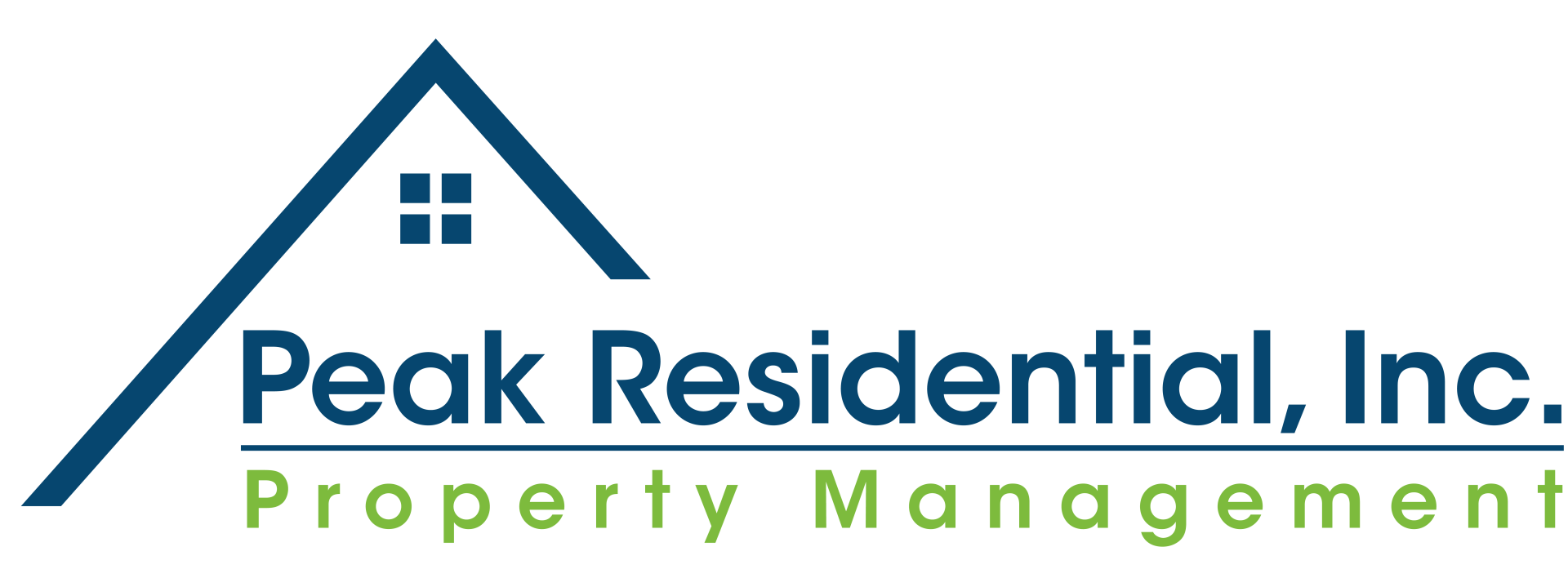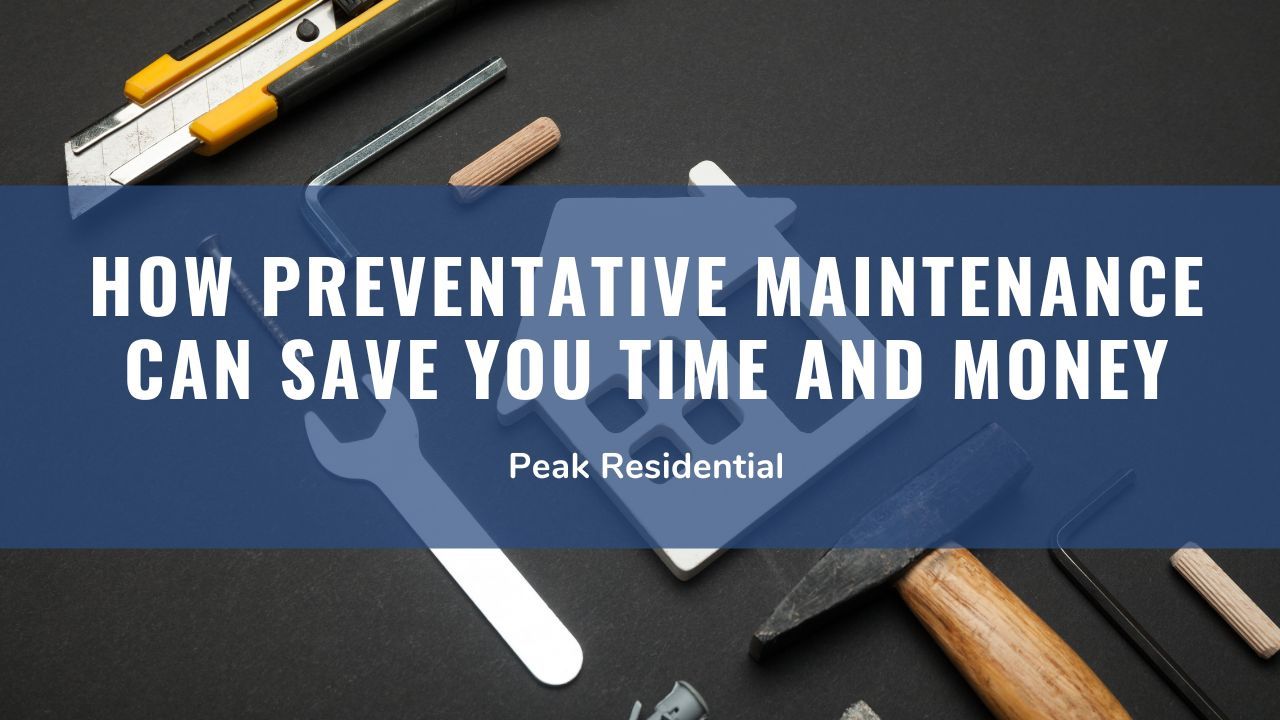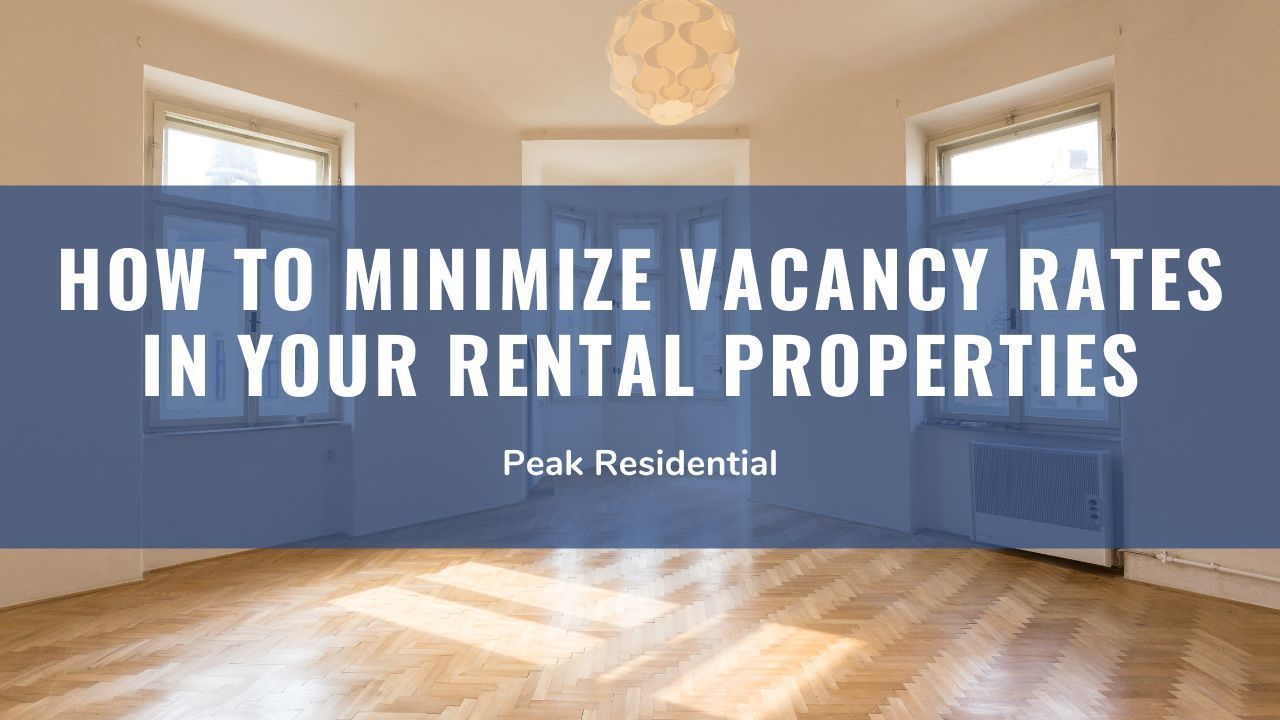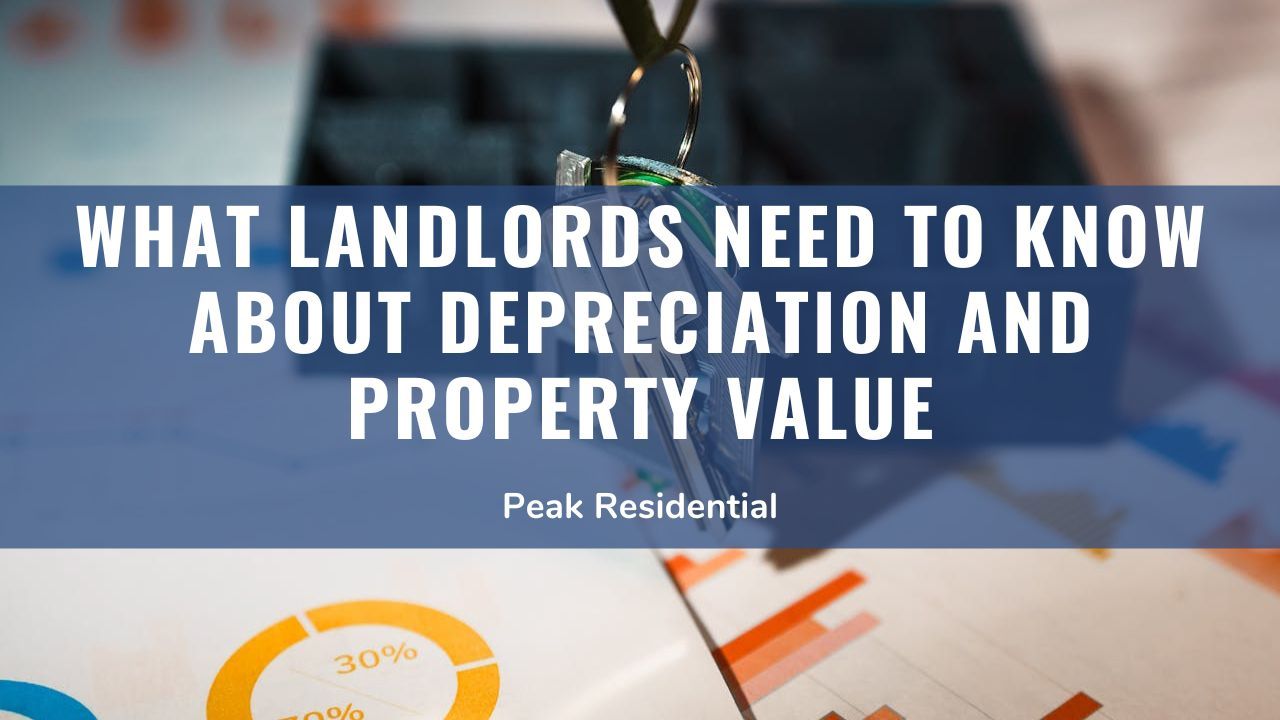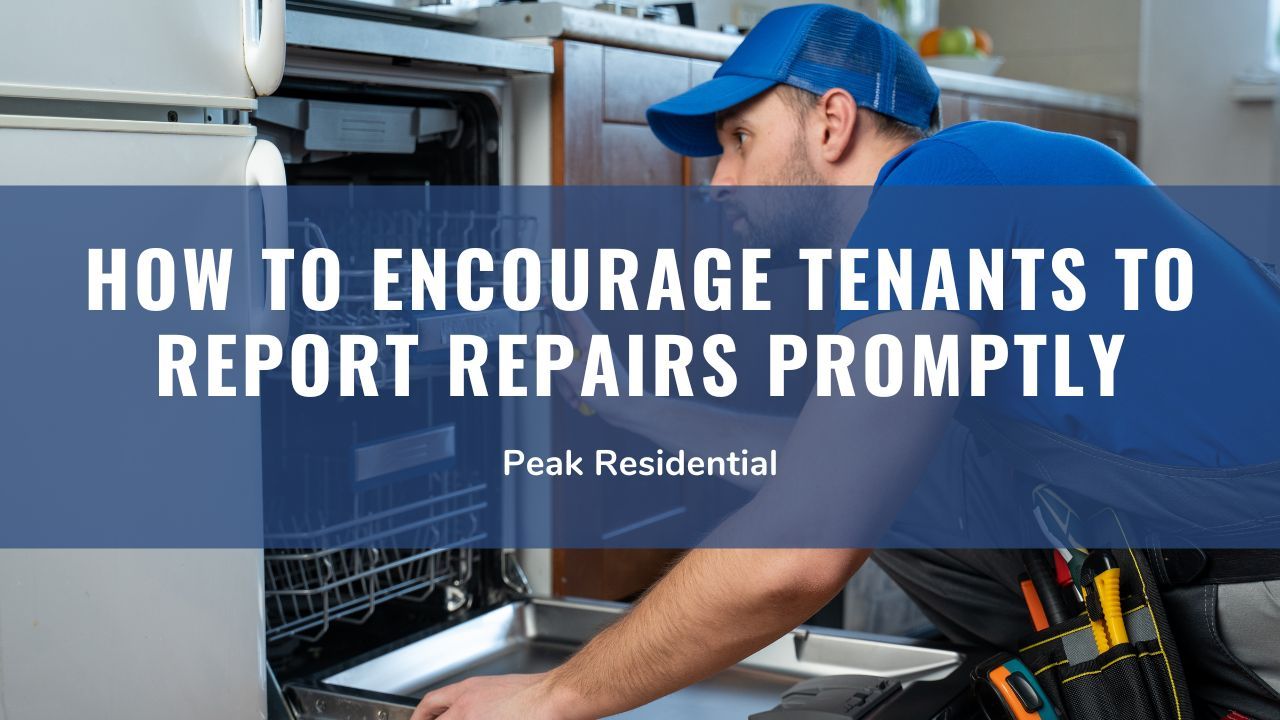Investing in rental properties can be a profitable business if done properly. With the real estate market continually changing, it is critical to select the right property to maintain a consistent stream of revenue and long-term success.
In this post, we will look at the essential elements to consider while choosing rental apartments for peak residential usage, to guarantee your investment lasts.
General Location
Your rental property's location is critical to its performance as an income-generating asset. Rents can be raised in a desirable community by attracting high-quality renters and upping curb appeal.
Consider factors such as accessibility to public transportation, proximity to major highways, and the general security and appeal of the neighborhood. To make an informed selection, research the area's culture and possibilities for expansion.
Real Estate Tax
Property taxes can have a substantial influence on your ROI. High property taxes impact your rental revenue and profitability. Investigate the real estate tax rates in the location you're interested in moving to and add them to your budget calculations. Look for communities that have a history of steady or declining property tax rates.
Schools
For families shopping for rental houses, the quality of neighboring schools is critical. Good schools can entice long-term tenants and justify higher rental rates. Examine the school district's credibility, ratings on standardized tests, and extra-curricular activities to determine the area's desirability to families.
Crime
Renters place a high value on safety. High crime rates can dissuade prospective tenants and reduce the earning potential of your home. Evaluate the safety of the neighborhood using criminal statistics and local law enforcement data.

Tenant turnover rates are lower in safer communities, lowering your vacancies and turnover costs.
Employment Market
A strong labor market could increase the demand for rental homes. Areas with a high concentration of employment possibilities are more likely to attract renters and support greater housing costs. To assess the area's economic health, investigate the local employment climate, unemployment statistics, and key enterprises.
Amenities
The presence of neighboring amenities might boost the value of your rental space. Consider how close you are to food stores, retail malls, parks, and recreational amenities. Tenants frequently place a premium on accessibility, thus buildings near desired amenities can charge higher rents and attract a wider renter pool.
Development in the Future
Look into any new developments or infrastructure projects in the region. New motorways expanded public transportation, and commercial projects can all have a favorable impact on property values and rental demand. Keep up to date on neighborhood development initiatives to predict changes in the neighborhood's desirability.
Vacancies and Number of Listings
Oversaturation in the rental market can result in greater vacancies and lower rental rates. Investigate the quantity of available listings and the vacancy rate in your desired area. A low percentage of vacant homes suggests that there is considerable demand and that the rental market has the potential to be successful.
Average Rent
Identifying the area's average rent prices is critical for setting competitive rents and optimizing your revenue. Compare the rent on the prospective property to the local market rates to make sure it is comparable.
Natural Catastrophes
Consider the area's vulnerability to natural disasters such as hurricanes, earthquakes, and floods. Properties in high-risk regions may require more insurance coverage and may be less appealing to tenants.

Assess the possible effects of a natural catastrophe on the safety and insurance expenses of your assets.
Additional Income Property Tips
Begin Your Search
Start your property hunt with a well-defined investing strategy and budget. Choose if you want a long-term rental property or a fix-and-flip opportunity. Setting specific goals will assist you in narrowing your alternatives and making educated choices.
Obtaining Information
Collect as much information as possible on the homes that appeal to you. To gain significant understanding and market data, work with a real estate agent or rental property management firms that are experienced in investment properties. To obtain a better insight of the market, network with local investors attend open houses.
Choosing a Property
Consider the various types of revenue-generating properties available, such as single-family homes, multi-family apartments, or commercial properties. Each type has its own set of benefits and drawbacks. Furthermore, consider the property's likelihood of appreciation, as this might have a big impact on your long-term profitability.
Rent Calculation
Determine the prospective rental income based on current prices and the condition of the property. Overestimation of your property's rent potential can result in extended vacancies and financial distress.
Determining ROI
Go over all the expenses associated with the ownership and care of the property, such as property management fees, property taxes, insurance, upkeep, and any potential modifications. Make sure that your rental income covers these costs and that you have a positive income stream.
Making the Purchase
Be prepared to bargain when you've decided to make a deal. Work with your real estate agent or rental property manager to develop an attractive offer that fits your budget and financial objectives.

Before closing the transaction, conduct extensive inspections and due diligence to find any potential concerns.
Bottom Line
Investing in rental houses can be a wise financial choice if done with due diligence and care. You can boost your chances of selecting a financially rewarding property by emphasizing criteria such as neighborhood quality, property taxes, schools, crime rates, job market, amenities, future development, vacancy rates, average rentals, and natural disaster risks.
Remember to begin your search with a clear investment strategy, acquire as much information as possible, and conduct a thorough financial analysis to ensure that the property matches your objectives.
While there is no one-size-fits-all solution for the most profitable sort of income property, selecting the correct property for your specific circumstances and local market conditions can lead to a profitable and rewarding real estate investing journey.
After you've purchased your new rental home, choosing the right property management firm can either make or break it. Peak Residential's mission is to protect your investment, reduce costs, and maximize revenue while not disrupting your daily life.
We have been committed to providing superior property management services since 1982. Our property management specialists are ready to build a strategy so you can reach your long-term objectives and collect your return on your investment.
We are committed to ethical standards, trust building, and long-term partnerships. Experience all these in the Peak Residential way. Contact us today!

